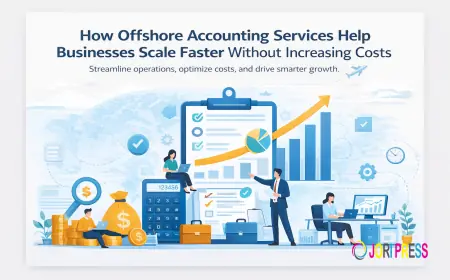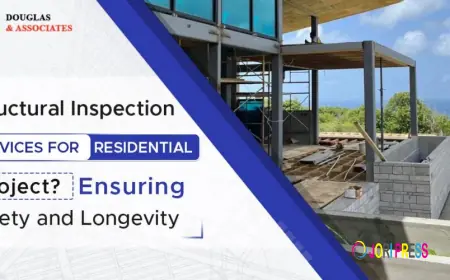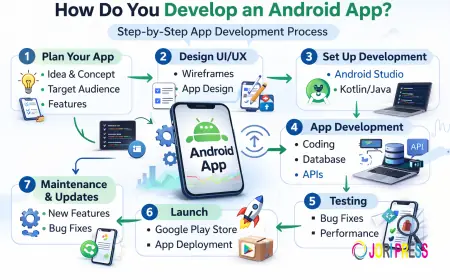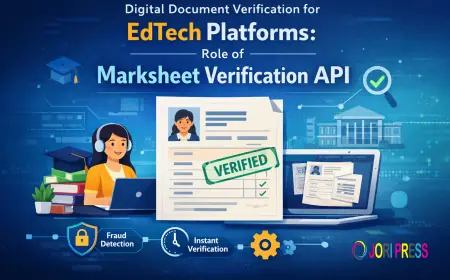How Are Leading Startups Launching DeFi Tokens Without Technical Teams?
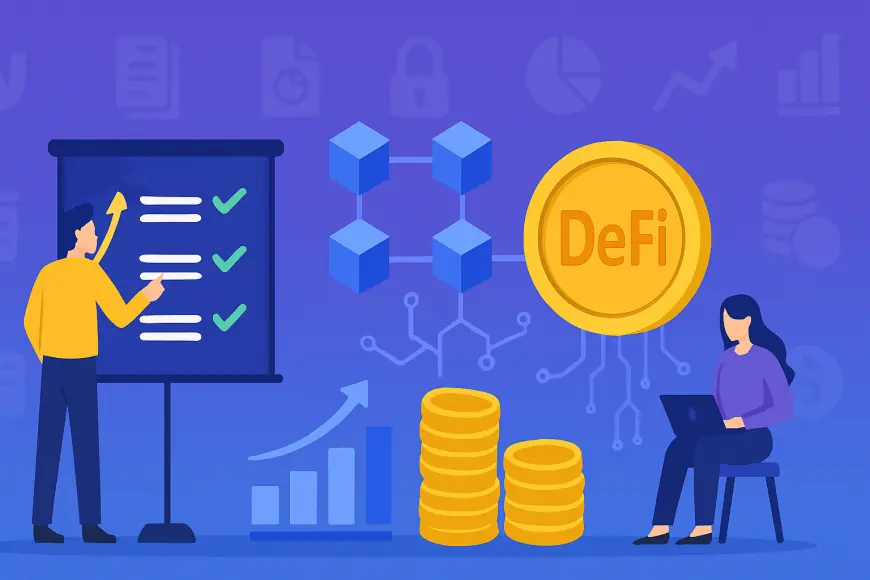
The rapid expansion of decentralized finance (DeFi) has opened up new frontiers for startups, allowing even non-technical founders to participate in one of the most transformative trends in the crypto economy. In 2025, launching a DeFi token no longer requires a full-stack blockchain engineering team or deep programming expertise. Thanks to evolving no-code platforms, token-as-a-service providers, and expert consulting networks, a new generation of startups is bringing DeFi products to market faster and more efficiently than ever before. This blog explores how these startups are navigating the space, building scalable DeFi projects, and launching tokens without in-house technical talent.
The Rise of Non-Technical Founders in DeFi
Traditionally, launching a DeFi protocol demanded extensive knowledge in smart contract development, security auditing, and token economics. However, 2025 has seen a surge in non-technical founders—from marketers to financial strategists—leading successful DeFi projects. These founders focus on business models, partnerships, token utility, and community growth while outsourcing the technical components to specialized vendors. Their edge lies not in code but in identifying market gaps and building teams that can execute on their vision.
The democratization of DeFi development means that domain expertise in areas like fintech, investing, or game theory can now be paired with plug-and-play infrastructure to launch robust protocols. What was once an engineering-driven ecosystem is evolving into a multidisciplinary arena, allowing non-coders to enter and compete with technically seasoned players.
No-Code and Low-Code Platforms for DeFi Token Launches
One of the most significant enablers of this shift has been the advent of no-code and low-code platforms tailored for Web3 applications. These platforms provide visual interfaces where users can configure tokenomics, deploy smart contracts, and integrate wallets without writing a single line of code. Tools like Moralis, Thirdweb, and Tatum have significantly lowered the entry barrier by abstracting complex blockchain operations into user-friendly workflows.
In addition to Defi token creation, these platforms offer dashboards for treasury management, staking integration, and liquidity provisioning. This allows startups to prototype and launch MVPs rapidly, test hypotheses, and pivot as needed—much like agile software development in traditional tech startups. As the no-code movement continues to evolve, the quality and security of smart contracts generated through these platforms have improved, with built-in auditing features and customizable governance parameters.
Token Development Agencies and End-to-End Launch Partners
Another powerful trend reshaping how startups launch DeFi tokens without technical teams is the rise of token development agencies. These firms offer comprehensive services including smart contract development, whitepaper creation, tokenomics design, and even community management. For startups, this means they can approach token creation much like product outsourcing in traditional SaaS—focusing on vision, strategy, and go-to-market plans while leaving the technical execution to specialists.
In 2025, many of these agencies have matured into full-stack providers that combine technical architecture, compliance guidance, and investor outreach into a unified service. This one-stop-shop model is particularly beneficial for startups with tight timelines or limited Web3 expertise. By partnering with trusted token development firms, founders can ensure their DeFi token meets both market and security standards from day one.
Smart Contract Templates and Open-Source Frameworks
The open-source nature of Web3 has played a crucial role in empowering non-technical founders. Today, projects can start by forking audited smart contract libraries from platforms like OpenZeppelin or Compound. These libraries include well-tested modules for ERC-20 tokens, governance, staking, vesting, and more, enabling safe customization without having to code from scratch.
For startups, this means they can hire freelance smart contract developers or token engineers on a short-term basis to adapt existing frameworks instead of building entire protocols in-house. The availability of documentation, community support, and version-controlled repositories makes this approach both cost-effective and less risky. With security being paramount in DeFi, using pre-audited templates significantly reduces vulnerabilities and smart contract bugs that often plague new projects.
Outsourcing to Web3 Freelancers and DAOs
A decentralized workforce has emerged around Web3, and startups are increasingly relying on freelancers, bounties, and contributor DAOs to handle development tasks. Platforms like Dework, Gitcoin, and TalentLayer connect startups with developers who specialize in smart contract development, frontend dApp design, and security auditing. These contributors are often paid in tokens or stablecoins, aligning their incentives with the project’s success.
This model offers tremendous flexibility for non-technical founders, who can scale their development teams as needed without taking on full-time employees. Moreover, the community-driven nature of DAOs allows early supporters to participate not just as users, but as builders, helping to bootstrap functionality, integrations, and even governance without centralized overhead. This distributed development approach is redefining how lean teams operate in DeFi.
Pre-Built Tokenomics Models and Advisory Services
Tokenomics is often a stumbling block for non-technical founders because it blends economics, game theory, and blockchain design. However, 2025 has seen an increase in firms offering tokenomics advisory and pre-built economic models tailored to different DeFi verticals such as yield farming, lending, synthetic assets, and staking.
These services provide simulation tools, backtesting capabilities, and financial modeling to validate assumptions before deployment. By leveraging advisors who specialize in incentive design, startups can create sustainable ecosystems that encourage liquidity, long-term holding, and governance participation. This approach ensures the token does more than exist—it thrives and drives platform growth.
Many firms also offer regulatory risk assessments, helping startups align their tokenomics with jurisdictional guidelines. This is particularly important as global regulators continue to refine their approach to DeFi and token offerings.
Plug-and-Play Infrastructure for DeFi Utilities
Beyond token creation, startups must often build complex systems for lending, swaps, liquidity mining, and governance. Rather than building from the ground up, startups are now using modular DeFi components that can be integrated via APIs or SDKs. Protocols like Aave, Uniswap V4, and Chainlink offer composable infrastructure that developers—or even non-technical founders via intermediaries—can plug into.
By leveraging these battle-tested protocols, startups can focus on creating unique value propositions rather than reinventing core DeFi functionality. This composability accelerates innovation while ensuring security and user trust. Many successful projects today are actually integrations or enhancements built atop existing DeFi layers, using the Lego-like structure of Web3 protocols.
Community-Led Product Development and Validation
Non-technical founders are also leaning heavily on community feedback and early engagement to shape product direction. Platforms like Mirror, Paragraph, and Farcaster allow teams to involve their communities in ideation, testing, and governance from the outset. This method turns users into co-creators, reducing the need for large in-house teams and expensive market research.
Incentivized testnets, quests, and token-gated forums ensure startups gain real feedback on smart contract behavior, token utility, and UX flow. When used effectively, these feedback loops can guide founders in making key decisions about token distribution, dApp design, and staking incentives. A strong community foundation also increases the chances of a successful token launch, as early supporters act as evangelists and liquidity providers.
Launchpads and DeFi Incubators
To bridge the gap between idea and execution, many non-technical startups are turning to launchpads and DeFi incubators. These platforms offer a structured approach to token launches, including vetting, development, marketing, and investor matchmaking. By joining a reputable incubator, founders gain access to development resources, advisory networks, and liquidity partnerships that would otherwise be difficult to secure without technical capabilities.
In 2025, launchpads have become more sophisticated, offering modular launch journeys for DeFi tokens across chains like Ethereum, Solana, and Layer 2 rollups. They assist with technical audits, whitelist mechanics, cross-chain bridges, and post-launch growth strategies. For non-technical founders, this type of support ensures a smooth and compliant go-to-market process.
Compliance and Smart Contract Security
Even if technical development is outsourced or automated, DeFi founders must understand the importance of compliance and security. Launching a token without proper audits or KYC/AML frameworks can lead to severe consequences, including hacks, frozen assets, or regulatory penalties. Non-technical startups are addressing this by partnering with third-party auditors like CertiK or Hacken, who provide code reviews, penetration testing, and formal verification reports.
On the compliance side, legal advisors and compliance tech firms help structure token offerings in accordance with local laws. This includes choosing the right jurisdiction, defining token utility, and avoiding securities classifications. In many cases, legal and security partners act as ongoing advisors post-launch, helping maintain trust with investors and users.
The Business Mindset Behind Successful DeFi Launches
The most successful DeFi token launches in 2025 aren’t driven solely by technology—they’re driven by strong business fundamentals. Founders who understand market demand, user behavior, and brand positioning can create viral DeFi projects even if they don’t write code themselves. The focus has shifted from technical novelty to user acquisition, retention, and value generation.
Non-technical founders often excel at storytelling, partnerships, and strategic growth, which are critical in a crowded DeFi landscape. By aligning incentives, building passionate communities, and delivering real utility, these leaders are redefining what it means to succeed in Web3. Technology remains the foundation, but vision and execution are what truly differentiate top projects.
Conclusion:
The DeFi space in 2025 is no longer gated by technical barriers. Through a combination of no-code tools, modular infrastructure, token development firms, and strategic outsourcing, startups without in-house development teams can now successfully launch and scale DeFi tokens. This shift is leading to a more diverse, innovative, and competitive landscape where business thinkers, community builders, and visionaries play just as crucial a role as developers.
As the infrastructure supporting this ecosystem continues to mature, the number of non-technical founders entering DeFi will only grow. They bring with them fresh perspectives, creative use cases, and new approaches to growth. The end result? A more inclusive DeFi movement, one that prioritizes user impact over code fluency—unlocking a future where anyone with a powerful idea can participate in building the decentralized economy.
What's Your Reaction?
 Like
0
Like
0
 Dislike
0
Dislike
0
 Love
0
Love
0
 Funny
0
Funny
0
 Angry
0
Angry
0
 Sad
0
Sad
0
 Wow
0
Wow
0



